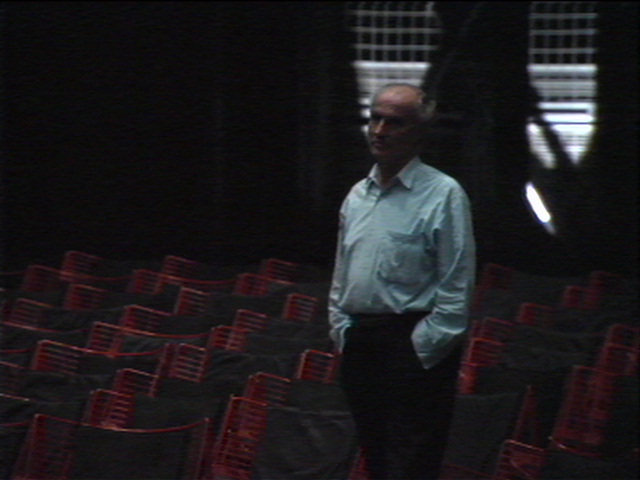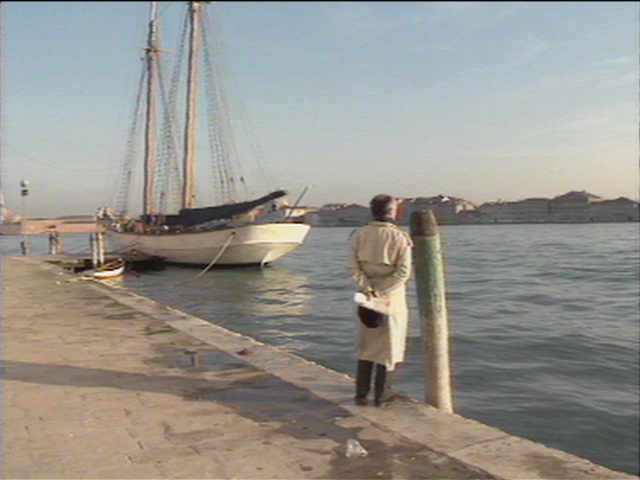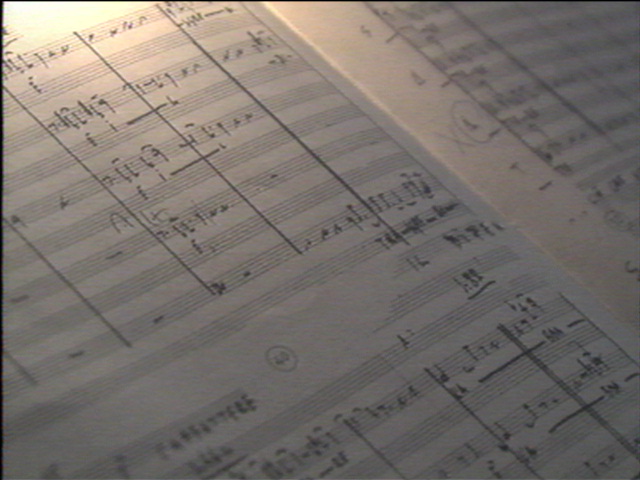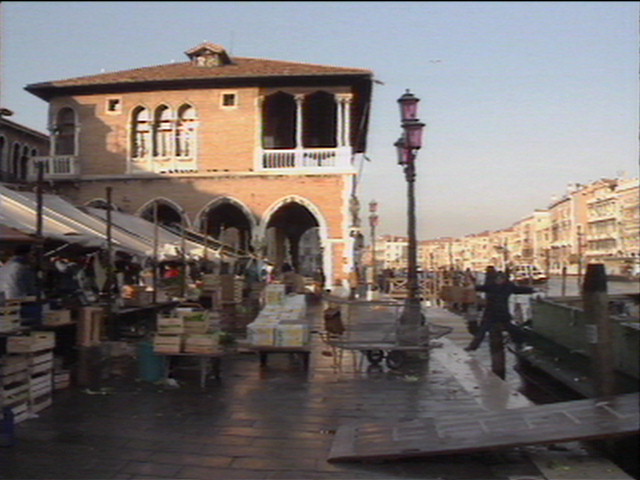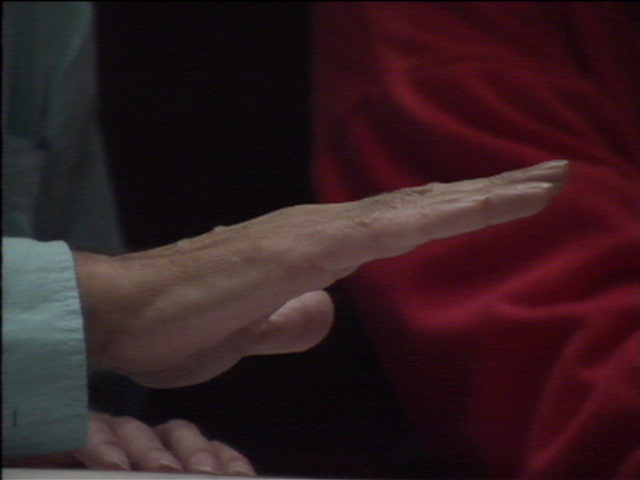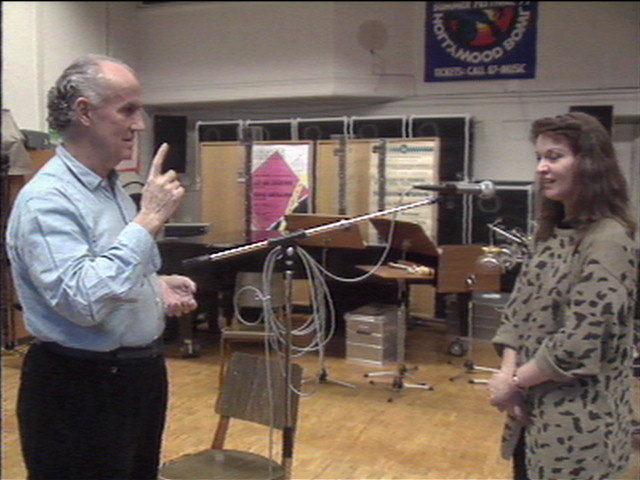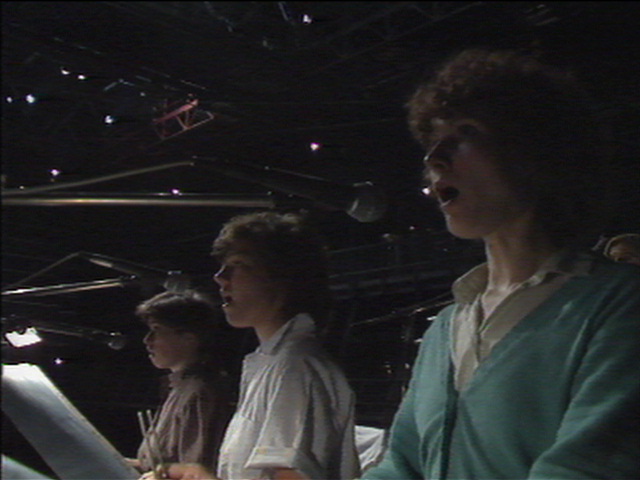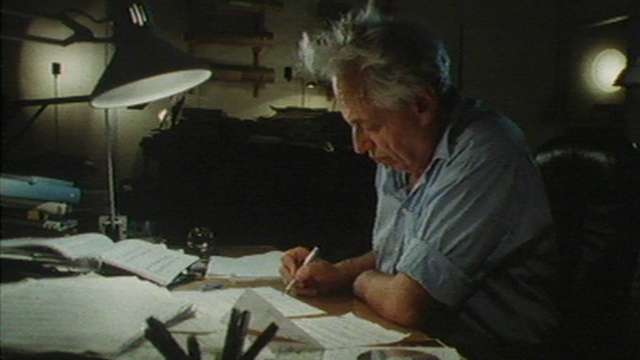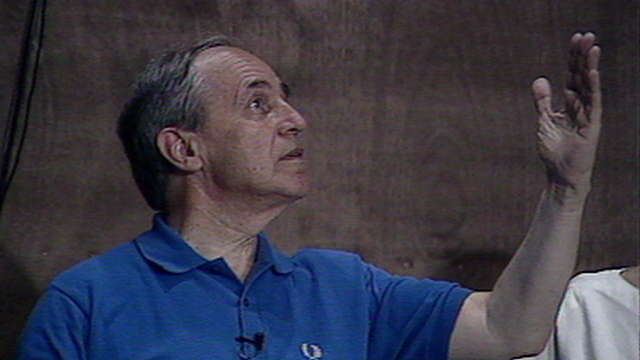Luigi Nono Archipelago
Luigi Nono was one of the most outstanding figures of the XXth century music, and one of the most controversial composers. He had a complex personality, full of contradictions. He had been labelled a "committed musician" during the Sixties and for a long time he was only seen as such.
Type (Documentaire / Documentaire fiction / Série documentaire)Documentary Series Genre en anglaisArts & culture CollectionComposersDirected by Olivier MilleSupported by CNCFestival(s)Official Selection, Festival International de Programmes Audiovisuels Cannes (1988)Year1988Duration54min
The starting point of this film was an opportunity: the performing of “Prometeo” at the Autumn Festival in 1987. Out of this event, which provided the musical substance, Olivier Mille constructed a film shuttling back and forth between Paris – the rather abstract setting of the musical work proper- and Venice, where we tackle with Nono himself a few aspects of his life and the main streams of his thought and work. Venice, his birth city, so exceptionally rich with sounds, rumours and colours, influenced him a lot.
“I tried to show Venice such as Nono introduced it to us”, says Olivier Mille as a precision, “as far as possible from the usual postcard. Venice, not as the ideal place of harmony, but as a contrasted and clashing world, the crossroads of different languages and different cultures. I brought a special attention to the soundtrack, since the image we wanted to give of Venice was mainly an acoustic one. A city with sounds and images beyond compare, and that gave birth to one of the strongest music of our time”.
This program is the only filmed document on the personality of Luigi Nono, who died in June 1990.
